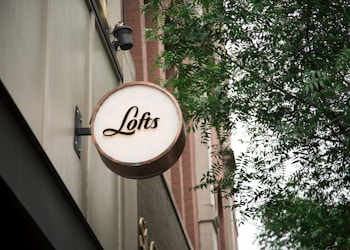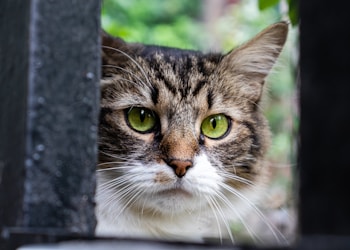There can be nothing more satisfying than enjoying a glass of dessert wine or cream-based liqueur with your friends after an evening together at home. But, you may be nervous about planning such an event without knowing exactly how to store an unfinished bottle. Or perhaps the night has already passed and you’re seeking answers as to the best way to preserve the deliciousness until the next evening with friends. We have put together some simple tips to help you store alcoholic drinks at home.

The most important factor when it comes to proper, safe storage is the chemical process of oxidation that affects your drink. When air makes contact with alcohol, oxidation occurs. The process causes the alcohol to lose its vibrancy, full flavor, botanical tastes, and even color.
Though some alcohols are naturally more durable to oxidation than others, the rate at which the seal weakens is usually the key to ensuring that the alcohol is preserved. Therefore, tips primarily revolve around the sealing process, maintaining an airtight container, and the preservation of the cork. Let’s take a look at some top tips.
Store your bottle when it has more alcohol in it
One of the factors influencing oxidation is the air-to-liquid ratio inside the bottle. It may sound strange, but this hot tip can be game-changing! The suggestion is to never store your bottle if it has less than one-third of its content. This is because the less liquid it contains, the faster it will oxidize. Either finish the contents of the bottle when it gets this low or transfers the liquid to a smaller container.
Get a bottle dispenser
One of the most useful innovations to preserve alcoholic drinks is a bottle dispenser. They are especially useful to preserve your wine, as they keep your bottle completely sealed and airtight, completely minimizing the risk of oxidation. This ensures that your alcohols get optimal life on the shelf, saving you from wasting some precious alcohols and ultimately, money.
Store wine on its side
Keeping wine lying on its side will reduce the risk of oxidation. The way that this occurs is through the cork because as the cork dries out, it shrinks. During this process, the cork allows air to get through and leads to oxidation.

Keep high-proof alcohol bottles upright
Unlike wine, bottles containing high-proof alcohol carry the risk of disintegrating the cork. Therefore, it’s advised not to store spirits – vodka, gin, rum, or whisky – on their side. However, spirits with corks should be turned upside down now and then to wet the cork and prevent it from cracking.
Store craft beers for better aging
Craft beers can also age very well if they are stored correctly. To reduce extended contact with the metallic cap, beers should be stored upright. In this way, the sediments will also be allowed to sink to the bottom.
Aromatised and fortified wines go into the fridge!
Though most alcohols should not be kept in the fridge, fortified wines should be. Alcoholic drinks, such as Vermouth, Amaro, port, sherry, and cream liqueurs, need to be refrigerated to prevent added flavorings or milk from spoiling the drink at room temperature.
Keep your drinks cool
Most drinks, except the above-mentioned which should be refrigerated, should be kept at room temperature or slightly cooler at 55-60 degrees. Kept out of the heat and definitely out of direct sunlight, room temperature will help preserve your drinks. You can even go further to store your alcohol in a dark space.
Do not freeze your spirits
It has long been believed that keeping spirits, like vodka or tequila, in the freezer, will extend its lifespan. This is unfortunately a myth. Some experts suggest that freezing hard liquor might mask or mute some of its best flavors and scents. The ultimate suggestion is to store at room temperature and place in the freezer an hour or two before use – just in time for the perfectly chilled serving temperature!
Decanters are not recommended
Though it may look beautiful on your coffee table in your lounge, placing expensive alcohols – spirits or wine – is an easy way to waste your money. Because decanters are not airtight, the risk of oxidation is high. Keep in mind that the next time you want to utilize your decanter, remember to pour in alcohol that will likely be used that night or in the short weeks that follow.
There are many ways in which we can preserve our alcoholic drinks at home. We hope that you have learned some tricks which will save you from throwing away some special drinks – tips which you can pass along to your friends who might be making the same mistakes. By following some simple rules when storing your opened and unopened bottles, you will feel at ease knowing that your precious drinks are keeping well!















